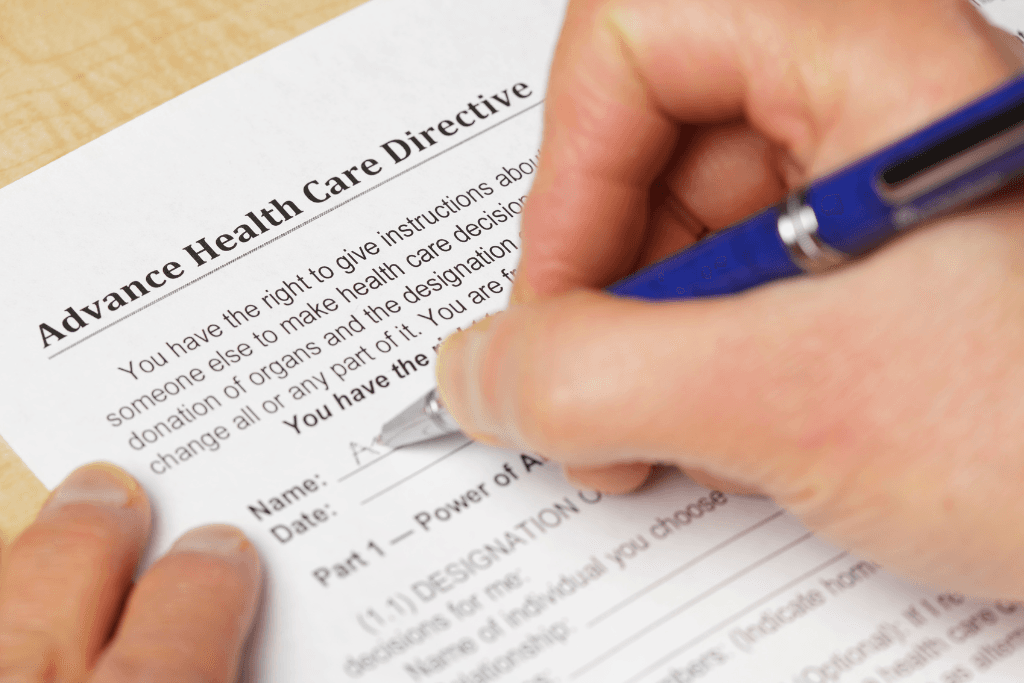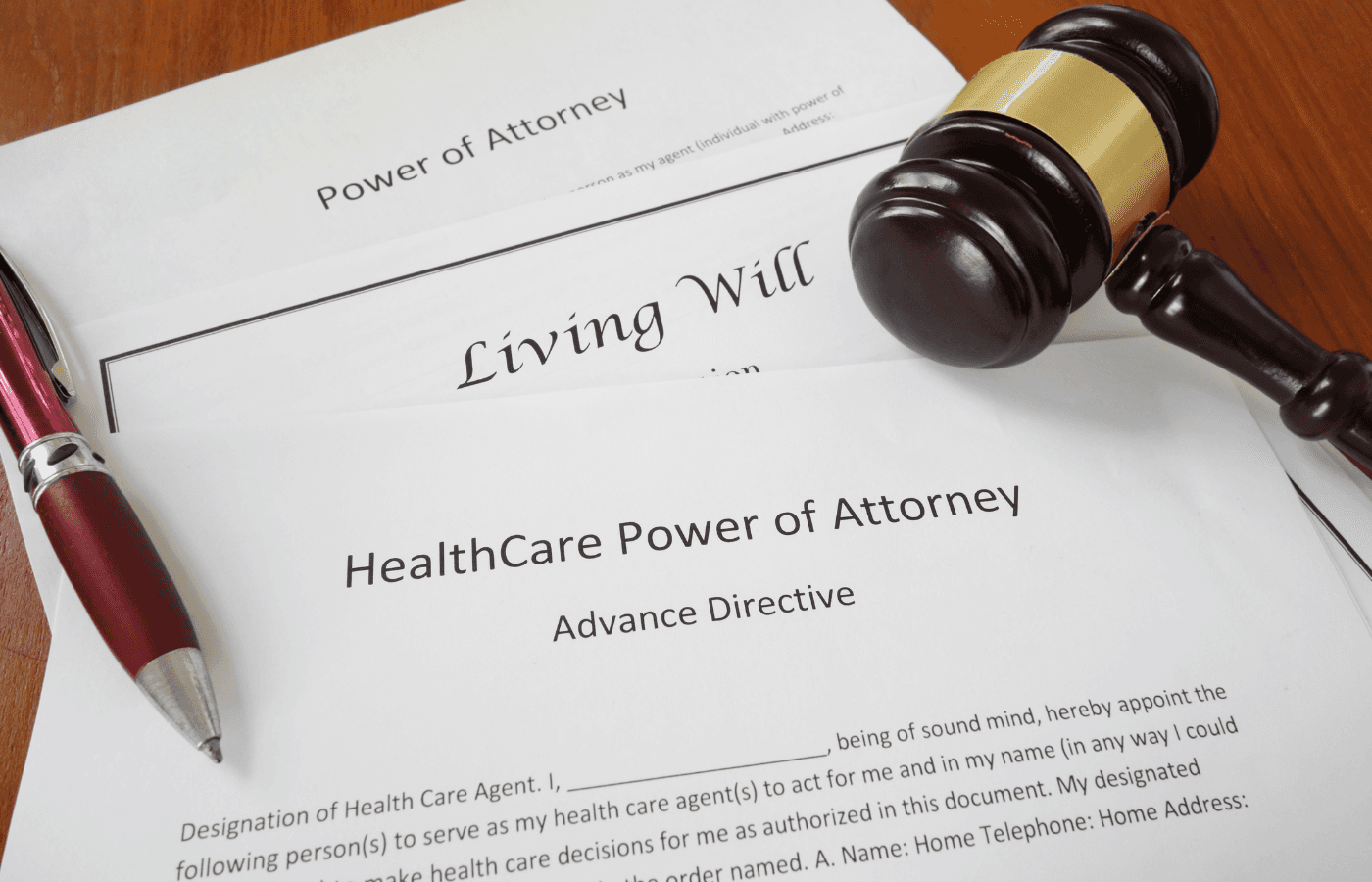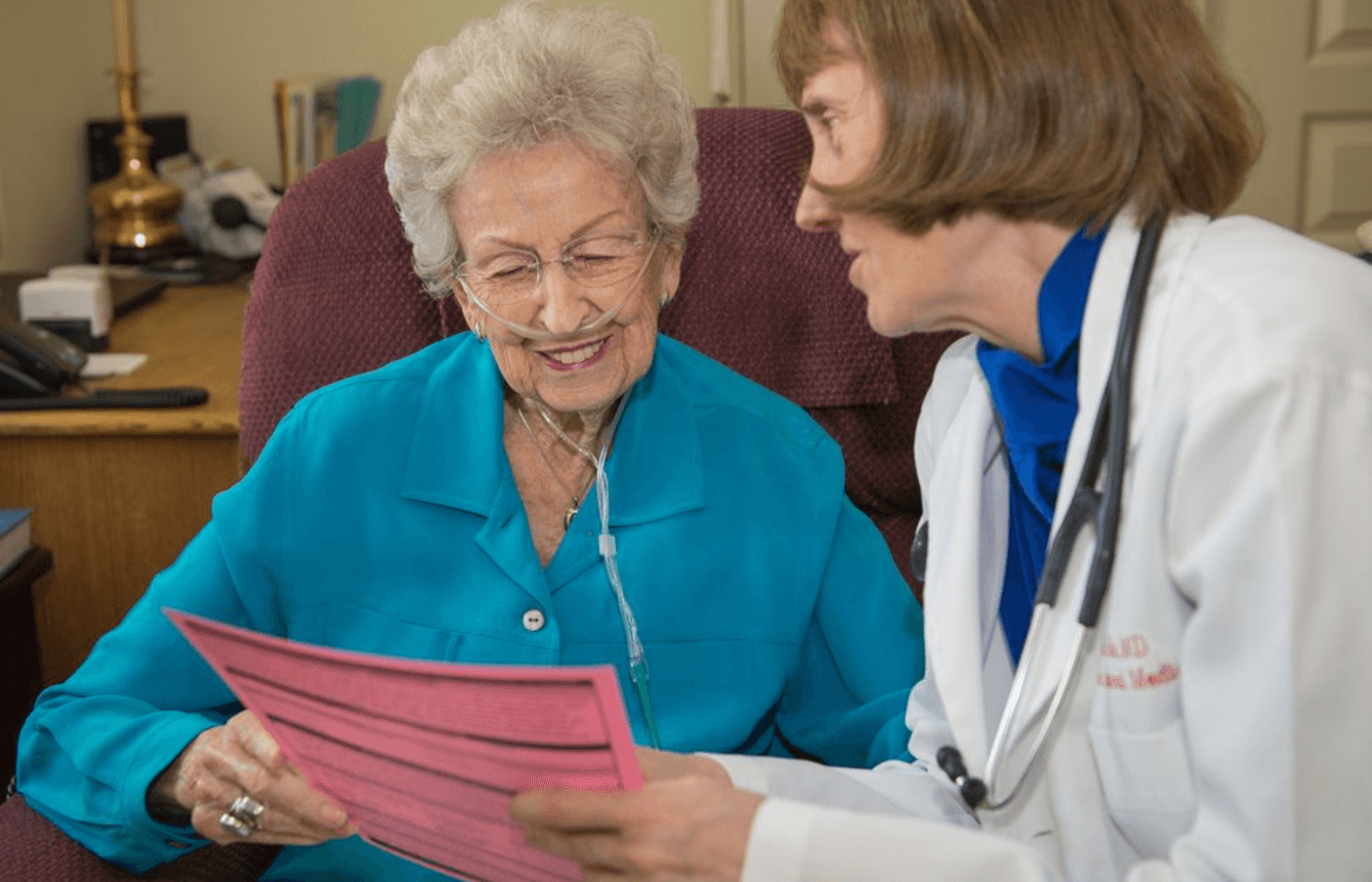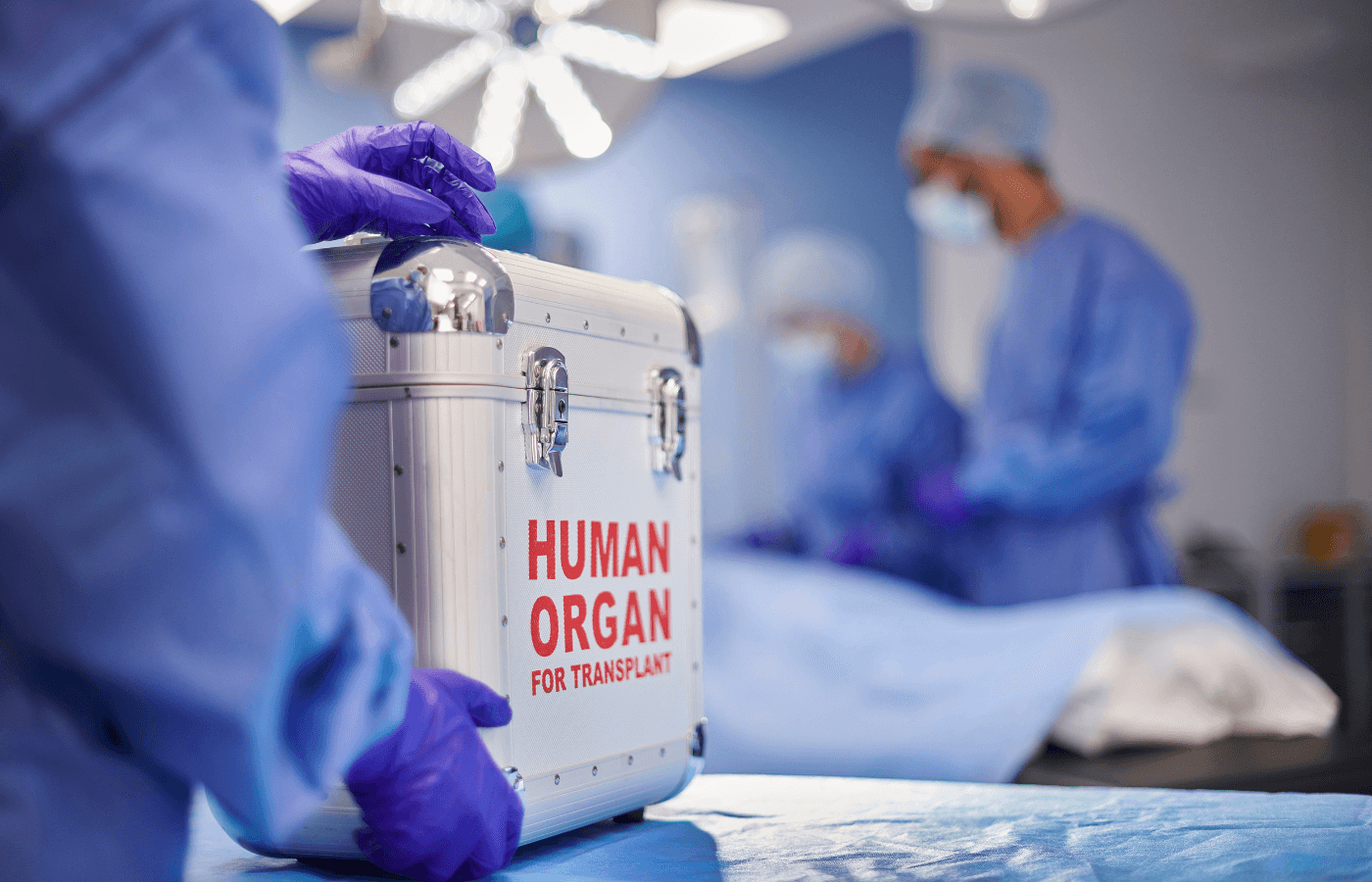Even if you’re unable to communicate with your doctor, the medical treatments you receive as a patient are always in your control. An advance directive is a legal document individuals can use to detail their wishes in case they’re incapacitated and can’t tell doctors what they do and don’t want.
They’re incredibly useful and empowering documents, but to be legally binding, most states require your directive to be signed in front of witnesses. Read on to find out how advance directives work, why they must be witnessed, and explore various state requirements to ensure your advance directive is fully compliant.
Key Takeaways
An advance directive is a legally recognized document where medical patients can express their treatment wishes.
Validation requirements for advance directives vary by state, but most states require one or more witnesses to validate a directive’s authenticity.
Generally speaking, an advance directive witness can’t be related to you by blood or be one of your appointed medical agents.
What Is an Advance Directive?

An advance directive is a legal document individuals can use to communicate their healthcare choices.
Advance directives are typically signed in the presence of multiple witnesses, and most states recognize two types of advance directives:
Other types of advance directives include do-not-resuscitate (DNR) orders, do-not-intubate (DNI) orders, or organ donation information. Although, a living will, power of attorney, or health care surrogate directive usually contains them.
While each type of advance directive varies in terms of scope, they all share a common goal: to empower individuals with the ability to make their own medical decisions while they’re able to. That means if you’re incapacitated and can’t tell your doctors what treatments you do or don’t want, everyone can defer to your advance directive for the answers.
Does an Advance Directive Need to Be Witnessed?

Generally speaking, yes: an advance directive must be witnessed to ensure its validity and authenticity. However, the rules around who can or cannot witness an advance directive often vary depending on where you live in the US.
The U.S. federal government passed a law — the Patient Self-Determination Act — in 1990 dictating all hospitals and medical practitioners inform patients about advance directives and their rights. But they subsequently left it up to states to determine those rights.
David Bross, a senior estate planner at Truepoint Wealth Counsel, explains:
“Each state has its own specific forms that are either created by legislators, bar associations, and medical associations. Whether an advance directive needs to be witnessed will vary from state to state.”
For example, in Ohio, a healthcare power of attorney or a living will can either be signed in the presence of a notary or witnessed by two independent witnesses.
That means you’ll need to check and understand the laws in your home state to ensure your advance directive complies with local regulations.
Florida law requires an advance directive to be witnessed by two individuals, but only one of those two witnesses can be your spouse or another blood relative.
However, if you create an advance directive in California, there are additional rules in place. At least one of the two witnesses present cannot be related to you by blood, marriage, adoption, or be entitled to any part of your estate if you die.
If you’re resident at a skilled nursing facility, California law dictates at least one of your advance directive witnesses needs to be an ombudsman or patient advocate designated by the California Department of Aging.
Meanwhile, Vermont state law says that neither of your two advance directive witnesses can be related to you or be an appointed healthcare agent. That means spouses, siblings, parents, children, and grandchildren are all prohibited from being listed as witnesses on your advance directive.
Additionally, at most U.S. healthcare facilities, doctors, nurses, and other staff members are prohibited from acting as witnesses to any patient legal documents.
Regardless of the rules you’re required to observe in your own home state, Jonathan Rosenfeld, founder at Rosenfeld Injury Lawyers, says selecting appropriate witnesses is a critical component of each advance directive. He explains:
“Witnessing serves as a safeguard against potential disputes regarding the individual's capacity or intent when creating the directive.
"It adds credibility to the document and helps ensure that it accurately reflects the individual's wishes for medical treatment in the event of incapacity.”
How to Maintain or Change Your Advance Directive

Once your advance directive has been signed, witnessed, and validated, you must ensure you share it with the relevant bodies or individuals.
Medical professionals advise you to keep your original copy in a safe but accessible place. You should then give one copy of your advance directive to your doctor, and a copy to your healthcare agent if you have one.
It’s also worth sharing your advance directive with close family members or friends so they clearly understand your wishes in case something unexpected happens. This could prevent an incident or disagreement later on if medical practitioners are forced to defer to your advance directive because you’re unable to communicate your wishes.
When circulating your advance directive to relevant parties, it’s important to keep a record of who has your advance directive. This keeps you organized and makes it easier to update doctors, agents, or loved ones in case you decide to change your advance directive later.
For example, you might choose to add a do-not-resuscitate (DNR) order to your advance directive when you reach a certain age. You’re always within your rights to issue a new advance directive, and your most recent directive is always the version medical practitioners must honor.
You just need to ensure your updated directive meets all the rules and criteria around witnesses and validation.
That’s where a tool like Trustworthy can make life simple.
Trustworthy is a Family Operating System® that enables you to securely store all of your family documents like digital copies of your medical records, advance directives, or even records of who has your directives on one flexible and easy-to-use dashboard.
Once uploaded, all your legal documents are protected by AES 256-bit encryption, multi-factor authentication, and more. You’re able to collaborate with doctors, legal representatives, or family members by giving them controlled access to various documents as and when you see fit.
Not only does that make it easy to share your advance directive, but you always have an up-to-date record of the users with access to it.
Learn more about Trustworthy and our wide range of advanced features on our website.
Frequently Asked Questions
Who Can Witness an Advance Directive?
Each state has its own laws around who can witness an advance, but generally speaking, at least one witness must be an adult who isn’t related to you.
Do Advance Directives Need to Be Signed and Witnessed?
Typically, yes: advance directives require a signature and one or more witnesses to be validated as legally valid. Just remember the validation process varies by state.
Is an Advance Directive Legally Binding?
In some cases, yes. As long as you’ve followed the correct validation processes in your state, an advance directive is a legally binding document. However, there are situations in which an advance directive can be overridden.
We’d love to hear from you! Feel free to email us with any questions, comments, or suggestions for future article topics.
Trustworthy is an online service providing legal forms and information. We are not a law firm and do not provide legal advice.














